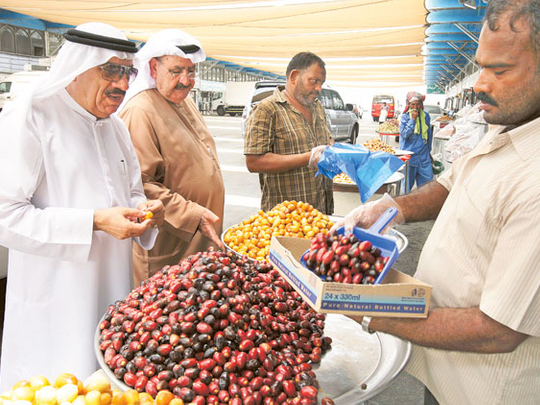
Dubai: Ramadan is a time of rigorous fast, which is more intense in the region due the severe heat, according to wellbeing and nutrition experts.
Dr Deepa Dhavjekar, Business Head at Balance Wellness Club, Dubai, said that during the fasting period, it is important to understand how one’s body is likely to respond and why one experiences certain signs and symptoms.
To explain the breakdown of the typical fasting day, she said, “The Suhoor meal [before sunrise] is consumed at a time when physiologically one’s body is still attuned to being asleep. The body and brain are confused about the food intake so food is processed slowly.
“Around 9.00am, when one is usually done with breakfast, the body craves food and starts losing energy. By noon, the first signs of exhaustion start and the body begins to slow down. By 3.30pm, there is more dehydration and the body slows down further. By 5.30pm, there tends to be a fresh bout of energy in anticipation of a meal.”
In terms of nutrition, hydration is key, she added. “It is essential to drink three to four litres of water between Iftar and Suhoor.”
Gulf News also spoke to Ghida Arnaout, Clinical Dietician, Live’ly, Dubai, on ways to combat dehydration that can lead to various conditions including back pain, headaches, fatigue, lack of concentration, constipation, bloating and dryness of the skin.
She said, “At Iftar, start with a glass of fresh juice along with low fat yoghurt. Between Iftar and Suhour, keep sipping water and increase your intake of calorie-free, de-caffeinated beverages like herbal infusions, green teas and sparkling water.”
With inputs by Dalia El Badrawy, intern at Gulf News












